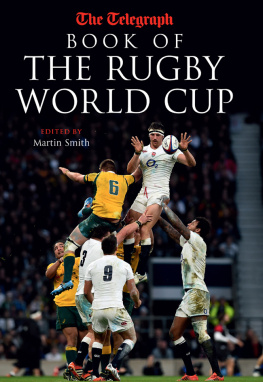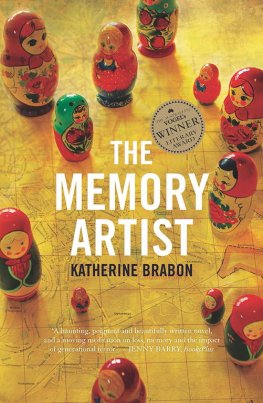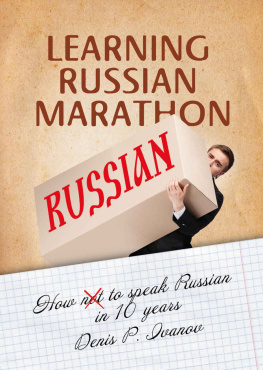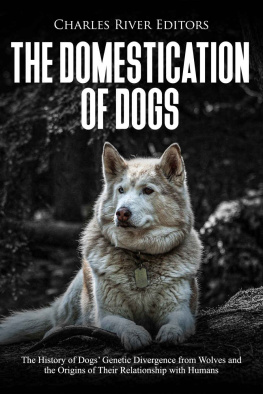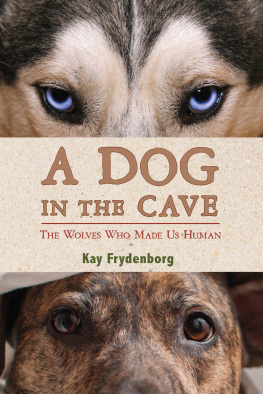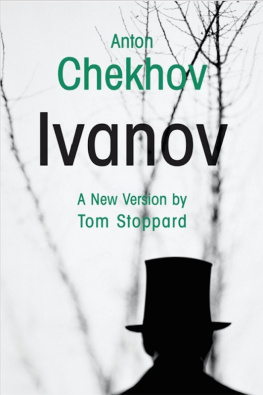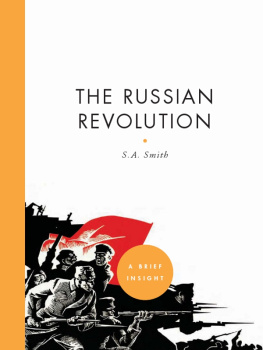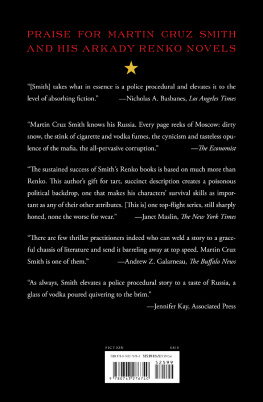
Martin Cruz Smith
Wolves Eat Dogs
Arkady Renko, #5
Moscow swam in color. Hazy floodlights of Red Square mixed with the neon of casinos in Revolution Square. Light wormed its way from the underground mall in the Manezh. Spotlights crowned new towers of glass and polished stone, each tower capped by a spire. Gilded domes still floated around the Garden Ring, but all night earth-movers tore at the old city and dug widening pools of light to raise a modern, vertical Moscow more like Houston or Dubai. It was a Moscow that Pasha Ivanov had helped to create, a shifting landscape of tectonic plates and lava flows and fatal missteps.
Senior Investigator Arkady Renko leaned out a window the better to see Ivanov on the pavement ten floors below. Ivanov was dead but not particularly bloody, arms and legs at odd angles. Two black Mercedeses were at the curb, Ivanov's car and an SUV for his bodyguards. It sometimes seemed to Arkady that every successful businessman and Mafia hood in Moscow had been issued two Nazi-black Mercedeses.
Ivanov had arrived at 9:28 p.m., gone directly up to the safest apartment in Moscow and at 9:48 p.m. plunged to the sidewalk. Arkady had measured Ivanov's distance from the building. Homicides generally hit close, having expended their energy in trying not to fall. Suicides were single-minded and landed farther out. Ivanov had almost reached the street.
Behind Arkady, Prosecutor Zurin had brought drinks from the wet bar to a NoviRus senior vice president named Timofeyev and a young blonde in the living room. Zurin was as fussy as a matre d'; he had survived six Kremlin regimes by recognizing his best customers and smoothing out their problems. Timofeyev had the shakes and the girl was drunk. Arkady thought the gathering was a little like a party where the host had suddenly and inexplicably dived through the window. After the shock the guests carried on.
The odd man out was Bobby Hoffman, Ivanov's American assistant. Although he was worth millions of dollars, his loafers were split, his fingers were smudged with ink and his suede jacket was worn to a shine. Arkady wondered how much more time Hoffman had at NoviRus. An assistant to a dead man? That didn't sound promising.
Hoffman joined Arkady at the window. "Why are there plastic bags around Pasha's hands?"
"I was looking for signs of resistance, maybe cuts on the fingers."
"Resistance? Like a fight?"
Prosecutor Zurin rocked forward on the sofa. "There is no investigation. We do not investigate suicides. There are no signs of violence in the apartment. Ivanov came up alone. He left alone. That, my friends, is a suicide in spades."
The girl lifted a dazed expression. Arkady had learned from the file he had on Pasha Ivanov that Rina Shevchenko was his personal interior designer, a twenty-year-old in a red leather pantsuit and high-heeled boots.
Timofeyev was known as a robust sportsman, but he could have been his father, he had shrunk so much within his suit. "Suicides are a personal tragedy. It's enough to suffer the death of a friend. Colonel Ozhogin-the head of NoviRus Security-is already flying back." He added to Arkady, "Ozhogin wants nothing done until he arrives."
Arkady said, "We don't leave a body on the sidewalk like a rug, even for the colonel."
"Pay no attention to Investigator Renko," Zurin said. "He's the office fanatic. He's like a narcotics dog; he sniffs every bag."
There won't be much left to sniff here, Arkady thought. Just out of curiosity, he wondered if he could protect the bloody prints on the windowsill.
Timofeyev pressed a handkerchief against his nose. Arkady saw spots of red.
"Nosebleed?" asked Zurin.
"Summer cold," said Timofeyev.
Opposite Ivanov's apartment was a dark office building. A man walked out of the lobby, waved to Arkady and gave a thumbs-down.
"One of your men?" Hoffman asked.
"A detective, in case someone over there was working late and might have witnessed something."
"But you're not investigating."
"I do whatever the prosecutor says."
"So you think it was suicide."
"We prefer suicides. Suicides don't demand work or drive up the crime rate." It also occurred to Arkady that suicides didn't expose the incompetence of investigators and militia who were better at sorting out dead drunks from the living than solving murders committed with any amount of forethought.
Zurin said, "You will excuse Renko, he thinks all of Moscow is a crime scene. The problem is that the press will sensationalize the death of someone as eminent as Pasha Ivanov."
In which case, better the suicide of an unbalanced financier than assassination, Arkady thought. Timofeyev might lament the suicide of his friend, but a murder investigation could place the entire NoviRus company under a cloud, especially from the perspective of foreign partners and investors who already felt that doing business in Russia was a dip in murky water. Since Zurin had ordered Arkady's financial investigation of Ivanov, this U-turn had to be executed with dispatch. So, not a matre d', Arkady thought, but more a skillful sailor who knew when to tack.
"Who had access to this apartment?" Arkady asked.
"Pasha was the only one allowed on this level. The security was the best in the world," Zurin said.
"Best in the world," Timofeyev agreed.
Zurin said, "The entire building is covered by surveillance cameras, inside and out, with monitors that are watched not only at the reception desk here but, as a safeguard, also by technicians at the headquarters of NoviRus Security. The other apartments have keys. Ivanov had a keypad with a code known only to him. He also had a lock-out button by the elevator, to keep out the world when he was in. He had all the security a man could wish for."
Arkady had been in the lobby and seen the monitors tucked into a round rosewood desk. Each small screen was split in four. The receptionist also had a white phone with two outside lines and a red phone with a line direct to NoviRus.
"The building staff doesn't have Ivanov's code?" Arkady asked.
"No. Only the central office at NoviRus."
"Who had access to the code there?"
"No one. It was sealed, until tonight."
According to the prosecutor, Ivanov had ordered that no one enter the apartment but him-not staff, not a housecleaner, not a plumber. Anyone who tried would appear on monitors and on tape, and the staff had seen nothing. Ivanov did his own cleaning. Gave the elevator man the trash, laundry, dry cleaning, lists for food or whatever, which would be waiting in the lobby when Ivanov returned. Zurin made it sound like many talents.
"Eccentric," Arkady said.
"He could afford to be eccentric. Churchill wandered around his castle naked."
"Pasha wasn't crazy," Rina said.
"What was he?" Arkady rephrased the question. "How would you describe him?"
"He had lost weight. He said he had an infection. Maybe he had a bad reaction to medication."
Timofeyev said, "I wish Ozhogin were here."
Arkady had seen a glossy magazine cover with a confident Lev Timofeyev sailing a yacht in the Black Sea, carving through the waves. Where was that Timofeyev? Arkady wondered.
An ambulance rolled discreetly to the curb. The detective crossed the street with a camera and shot flash pictures of Ivanov being rolled into the body bag and of the stain on the pavement. Something had been concealed under Ivanov's body. From Arkady's distance it looked like a drinking glass. The detective took a picture of that, too.
Hoffman watched Arkady as much as the scene below.
"Is it true, you treat Moscow like a crime scene?"
Next page

